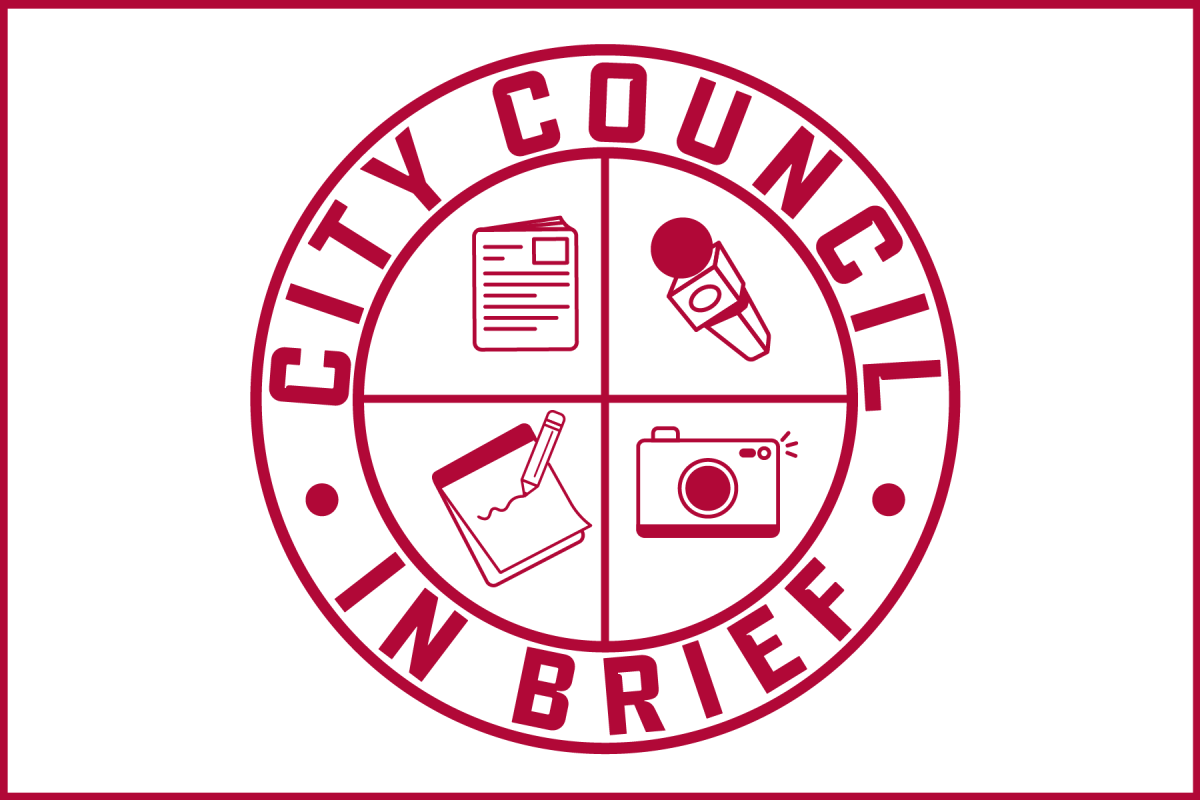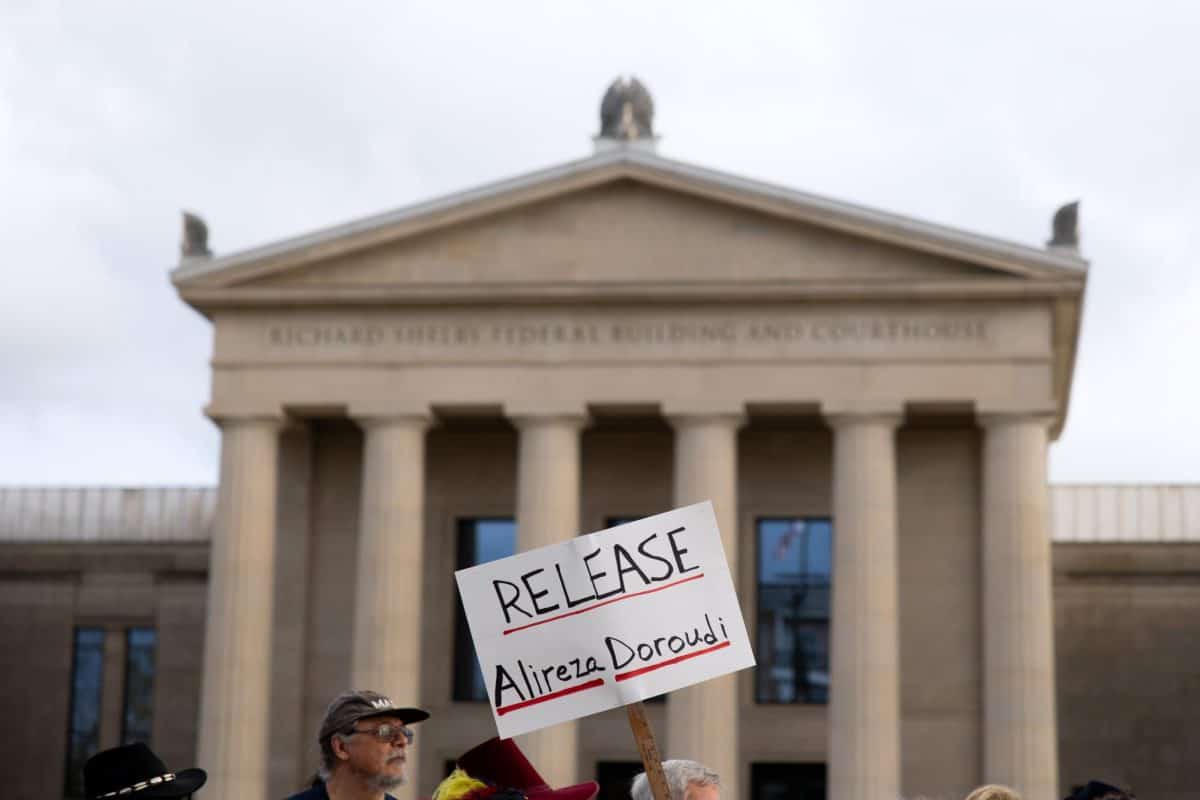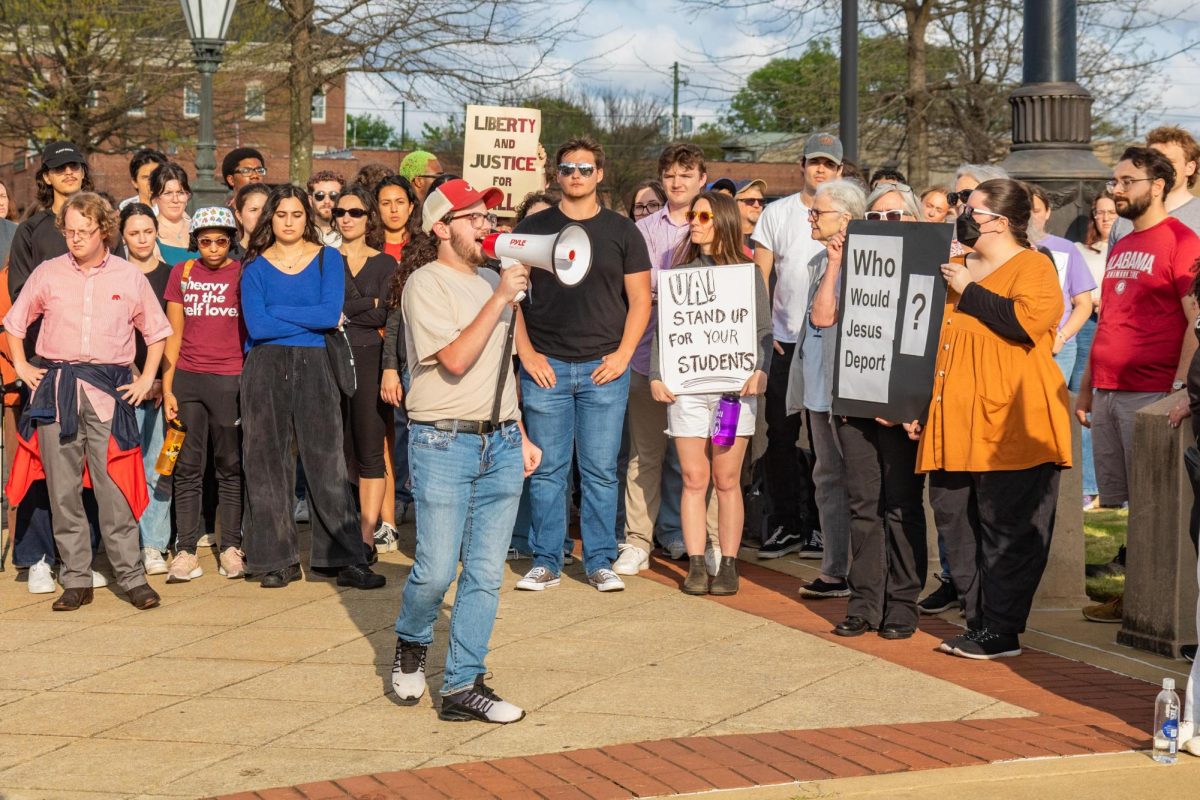University of Alabama Interfraternity Council organizations have begun work to launch investigations regarding the University administration’s Oct. 18 cancellation of pledgeship.
At 12:30 p.m. on Thursday, Oct. 18, Assistant Dean of Students Lowell Davis announced to the IFC fraternity presidents the termination of all pledge activities by 1 p.m. that day. Later, Vice President of Student Affairs Mark Nelson hosted a press conference at 4 p.m., detailing the decision as a result of hazing hotline calls.
“It is very difficult to investigate cases of hazing that are reported through anonymous sources that are vague,” Nelson said at the conference on Oct. 18. “The sources that have come in this week have been very specific and have enabled us to take swifter action.”
Currently, the University is in communication with national chapters of IFC fraternities to conduct separate investigations into the validity of the accusations, said Cathy Andreen, director of media relations at The University of Alabama.
“The office of student affairs will work with any national fraternity organization that wants to do an investigation of a UA chapter. Some nationals do their own investigations, some defer to the University, and, in some cases, the University and the national work together,” she said.
Nelson noted Pi Kappa Alpha’s involvement in off-campus hazing allegations. University suspensions have been issued to two active members and one former member of the fraternity, prohibiting the students from attending classes or participating in UA activities, Nelson stated in a press release on Oct. 18. Additionally, the University revoked the fraternity’s social functions and football block seating for the remainder of the fall.
“The parameters of an internal investigation are that the international fraternity and University are working in a collaborative partnership to determine what or if the chapter was at fault,” said Justin D. True, director of communications and marketing of the national Pi Kappa Alpha fraternity.
The national organization has issued cease and desist requirements for the local chapter.
“Cease and desist means the chapter cannot currently operate or hold any active member or new member meetings,” True said. “The commonality of internal investigations and/or cease and desist depend upon the number of judicial violations the international fraternity receives in a given year.”
Sigma Nu, Kappa Alpha Order and Kappa Sigma were all cleared of University accusations of hazing in Nelson’s press release. However, the fraternities are aware of the seriousness of the allegations.
“Whenever our office becomes aware of an accusation or allegation of any violation of policy, we will follow up. It really depends on the situation as to what we do,” said Brad Beacham, executive director of the national Sigma Nu fraternity. “The UA greek affairs department communicated with chapter leaders. They determined there was no basis to support the accusation.”
However, Beacham remains on the local chapter’s side.
“We have a high level of confidence in the level of performance of the chapter at UA,” he said. “It is one of our most historic and best-performing chapters.”
Nick Wilson of Kappa Sigma national fraternity said no additional investigation was needed after the local chapter was cleared.
“We asked the district grandmaster to see if there were any violations of our code of conduct, and there weren’t any,” Wilson said. “If you look at the Kappa Sigma organization, only a small minority are in any sort of disciplinary situation, so we would say it’s not common [to have to perform internal investigations].”








